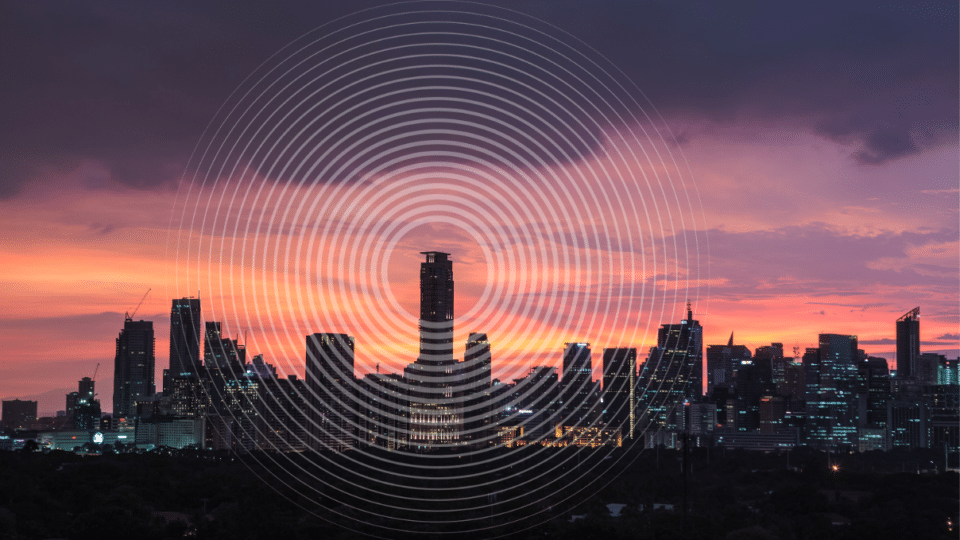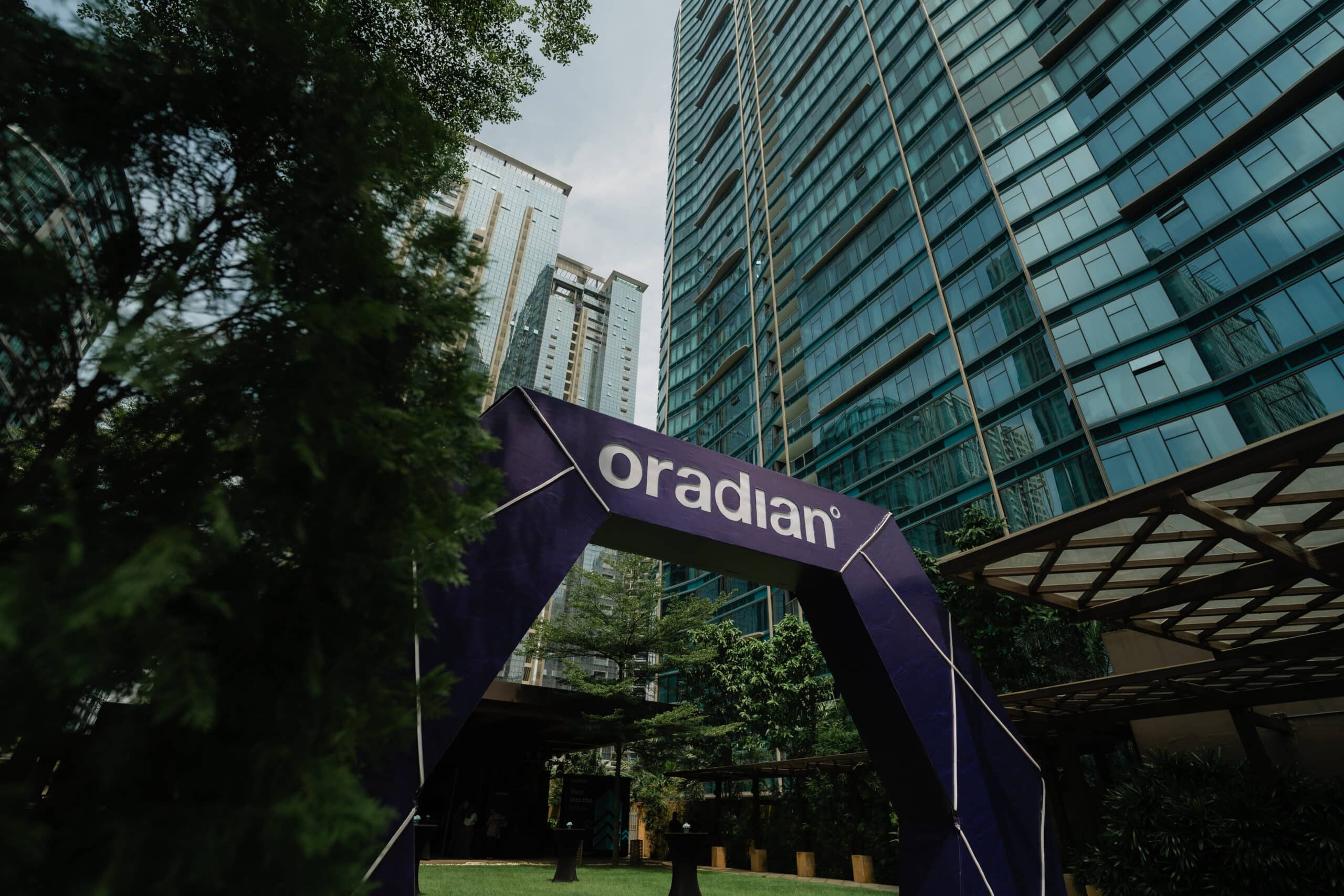Downtime is the bane of any fast-moving, flexible digital lender.
A 2020 survey by Statista including businesses from across the globe found that 25% of respondents reported that the average hourly downtime cost of their servers was between $301,000 and $400,000.
An extended period of downtime, therefore, can be catastrophic. Maintaining a continuous service doesn’t just allow you to perform your core business without interruption: it also builds trust with your customers and gives you a reputation for reliability.
Oradian supports business continuity by protecting against major disruptions such as cyberattacks, natural disasters, and supply failures.
We do this with robust infrastructure and security measures designed to ensure your data is always available and that your business can run without any system downtime, thereby giving you the breathing space to focus on your core services.
How does Oradian avoid downtime?
Oradian’s infrastructure is extremely robust because we have prepared contingency plans to cope with any threat, whether an environmental disaster, a deliberate attack, or simply a hardware failure.
The first line of defence is in the three dedicated secure data centres we operate in multiple European locations, which provide enough back-up to ensure a problem at one will never disrupt your operations.
All three are protected by a multilayered security module compliant with key industry standards such as ISO/IEC 27001.
What’s the point of these three data centres?
- The Primary data centre hosts Oradian’s core banking system in a secure environment, backing up custeomer data to mitigate the risk of data corruption.
- The secondary data centre replicates the data stored in the primary data centre to create a secure back-up. It Mirrors the critical infrastructure supporting Oradian’s core system, and takes over all our services if the primary data centre is down. This guarantees business continuity for our customers.
- Finally, the tertiary data centre secures your data, even in the event of a natural disaster that interrupts Oradian’s services at the primary and secondary datacentres. It stores your data archive, giving you point-in-time recovery for forensic purposes or if you experience data corruption.
It also encrypts all data archives to keep them safe from prying eyes, and proofs against natural disaster.
What does guaranteed uptime mean?
It’s never possible to prevent downtime entirely, but Oradian’s core system uptime reached an astonishing 99.9% in 2022. This is a gamechanger: even a 1% reduction could mean a lost client, a missed deadline, or a failed deal.
There are other steps Oradian can take to reduce disruption. For instance, any maintenance or system updates are scheduled to take place outside your institution’s core business hours.
Because we take care of these updates, that, in turn, improves your business continuity by ensuring your team doesn’t have to spend time and resources on business continuation strategies, costly hardware, or regular backups, allowing you to focus purely on your business goals.
What’s more, Oradian eliminates system unavailability during end-of-day (EOD) or end-of-month (EOM) processing by ensuring all relevant calculations, transactions, bookings, reporting queries, and data entries happen automatically in real-time.
Reliability in times of crisis.
This continuity, security, and reliability has been essential for our customers – particularly during times of crisis, where a moment of downtime could make all the difference.
For Philippines microfinance institution CAPS-R, the reliability of Oradian’s core system meant it could continue to serve its customers in the aftermath of Typhoon Odette, which struck the island of Cebu in December 2021.
The destruction wrought by the typhoon caused powercuts across the island, depriving consumers of access to finance at the time they needed it most.
“There was a massive blackout during and after Typhoon Odette, so in some affected areas there was no Internet connection for weeks or even months. We coordinated our operations with those branches with internet capability to print collection sheets for those without internet, to ensure the collections could go ahead.“Oradian’s real-time data was very helpful in validating this during our assessment period. The dashboard data allowed us to monitor our members’ situations, such as who was not able to pay, or who had savings that they could withdraw to settle their accounts.”
The value of continuity.
Downtime should be avoided at all costs, and by implementing rigorous security measures and infrastructure continuity strategies, Oradian guarantees an extremely high level of uptime.
This level of uptime gives our customers more time to spend on winning deals, serving customers, and generating news business without interruption and with the best possible level of service.




